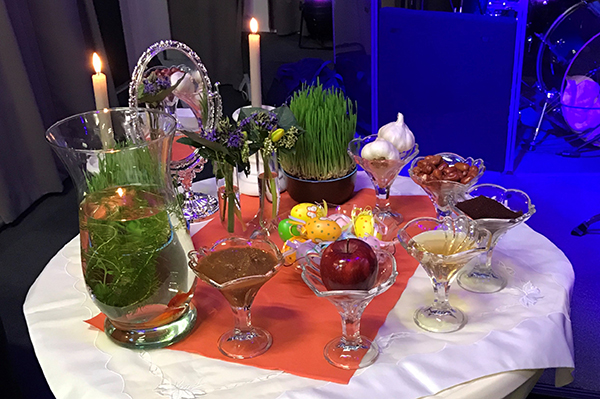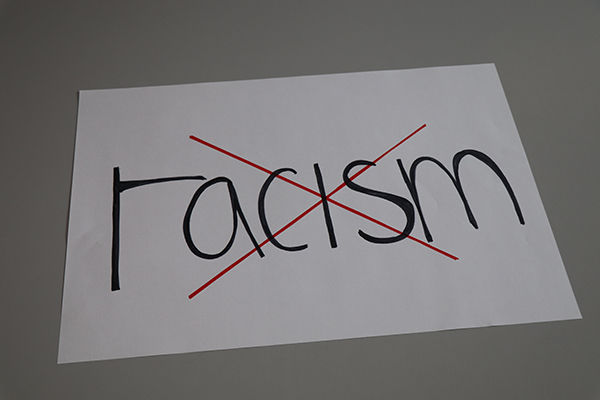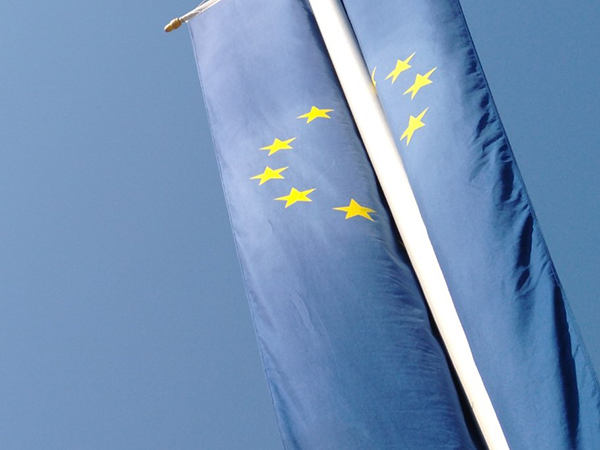Nouruz marks the start of the new year in Iran and Afghanistan. It is always a big celebration. But this year and in 2025, things are different. The reason: New Year’s Day on March 20 falls during the fasting month of Ramadan, which this year lasts from the evening of March 10 to the evening of April 9. Ramadan shifts by ten to 12 days every year according to the Islamic lunar calendar with only 354 days from the perspective of the solar calendar. Muslims are not allowed to eat or drink anything between sunrise and sunset during Ramadan. All restaurants are closed.
Nouruz has been a happy and social festival since pre-Islamic times. After all, the victory of light over darkness has been celebrated on the day of the equinox for more than 2500 years—with special meals and visits to relatives and friends. The festivities surrounding the New Year and the beginning of spring last up to 13 days.
UNESCO recognized the festival as an “intangible world cultural heritage” in 2010. Nouruz was banned in Syria and Turkey for many years. Kurds around the world have also given Newroz a political meaning since the 20th century—as a symbol of the resistance against oppression handed down in Iranian mythology. Around 300 million people worldwide celebrate Nouruz with different regional traditions—for example, in addition to Afghanistan and Iran, in parts of Russia (from Azerbaijan to Uzbekistan), Albania, Kosovo, Iraq (Kurdistan), Turkey, India and Pakistan.
See tun22031701 and https://www.brauchwiki.de/das-iranische-fruehlings-und-neujahrsfest-nouruz/
tun24022104
Nouruz wird in diesem Jahr wegen des Ramadan in vielen islamischen Länder nicht so aufwendig gefeiert wie sonst üblich. Hier der Nouruz-Brauch „Haft Sin“: Sieben symbolische Gaben werden dabei präsentiert. Foto: tünews INTERNATIONAL / Mostafa Elyasian.
002326




